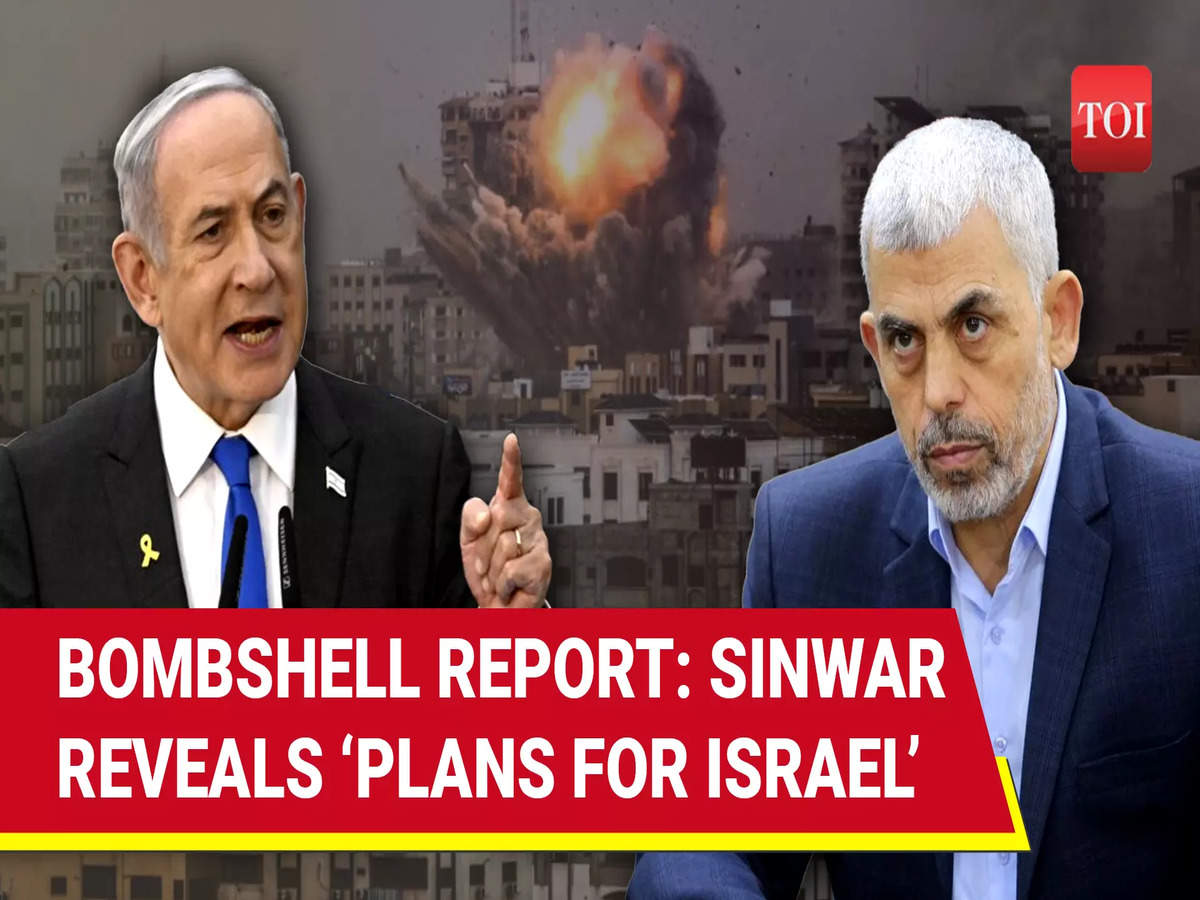
Sinwar's leadership is seen as a consolidation of power within Gaza, reflecting the strategic importance of the region in Hamas' broader agenda. His rise to power is not a sudden development but rather the culmination of a process that began years ago. Sinwar has been a central figure in Gaza's political and military landscape, known for his hardline stance and deep involvement in the group's security operations. His appointment signals a continuation of the policies that have defined Hamas' leadership in the region over the past decade.
Sinwar's background is rooted in Gaza, where he was born and raised in the Khan Younis refugee camp. His connection to the region is seen as a key factor in his leadership style, which is characterized by a strong focus on local issues and a commitment to maintaining Hamas' control over Gaza. His experience includes over two decades in Israeli prisons, where he became well-versed in Hebrew and gained a deep understanding of Israeli tactics and strategies.
The decision to appoint Sinwar as the political head is likely influenced by his strong ties to both the military and political wings of Hamas. This unification under a single leader could mean a more cohesive strategy moving forward, particularly in the ongoing conflict with Israel. However, it also suggests that Hamas will continue its current trajectory, with little indication of a shift towards peace negotiations or a softening of its stance.
Internationally, Sinwar's appointment is viewed with concern, particularly by Israel and its allies. His leadership is expected to further complicate efforts to broker peace in the region. Sinwar's alignment with Iran, a key supporter of Hamas, also underscores the geopolitical complexities surrounding his leadership. Iran's backing of Hamas has long been a point of contention, particularly as it continues to influence the group's military strategies.
Within Gaza, Sinwar's leadership is likely to reinforce the status quo, with a focus on strengthening Hamas' military capabilities and maintaining its grip on power. The implications for the civilian population are significant, as Gaza remains under siege with limited access to resources and basic necessities. Sinwar's leadership may prioritize military objectives over humanitarian concerns, exacerbating the already dire situation in Gaza.
As Hamas moves forward under Sinwar's leadership, the region faces an uncertain future. His tenure is expected to be marked by continued resistance against Israel, supported by Iran and other regional allies. This could lead to further escalations in violence, making the prospects for peace even more remote. Sinwar's rise to power represents not just a change in leadership but a reaffirmation of the strategies and policies that have defined Hamas' approach to governance and conflict in Gaza.
Topics
Politics
